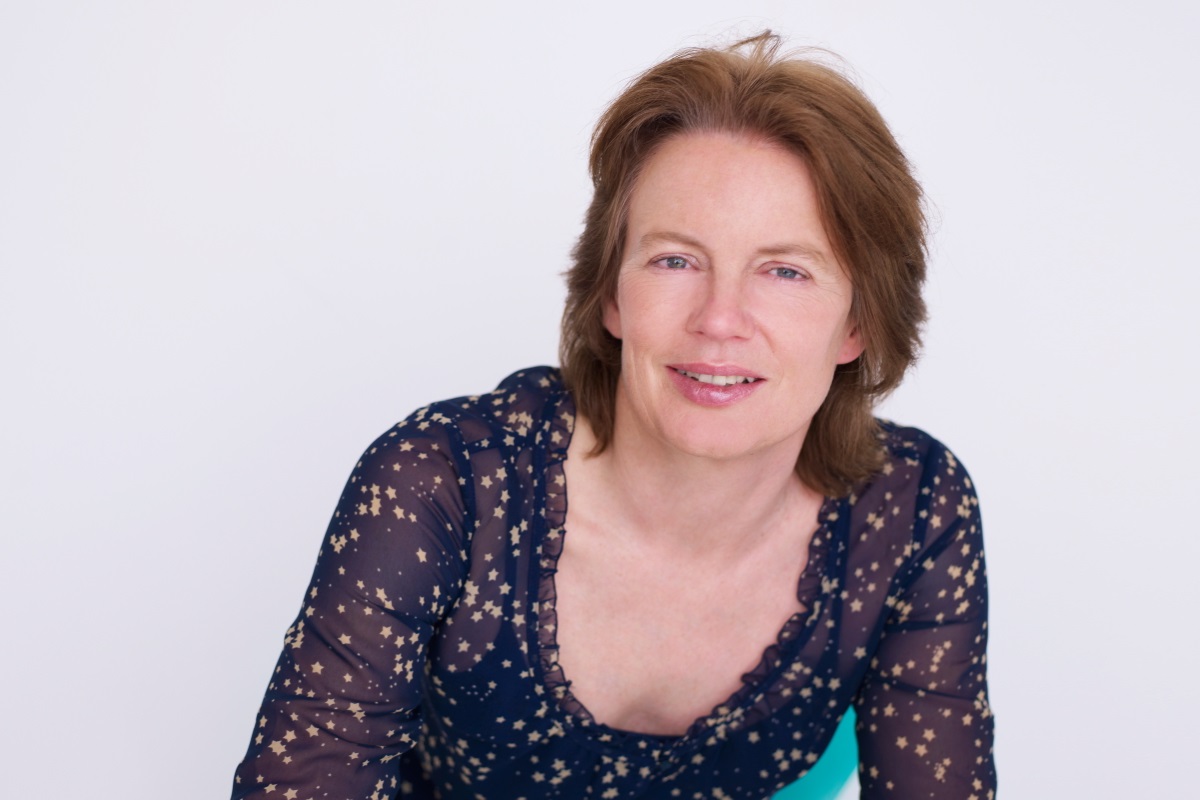

Jane talks about ‘Sexual Pleasure’ with accompanying slides to download!
We assume that anyone who has had sex knows everything there is to know. The problem with ignorance is that we cannot know what we do not know. In truth, very few people have the necessary intellect, life experience and emotional detachment to understand sexuality. Most people have only prejudices, assumptions and misconceptions. Initially I accepted the bravado as we all do. But after decades, I have concluded that women who boast about orgasm have no idea what an orgasm is. It seems an ungenerous conclusion to draw but none of them can talk about orgasm in explicit detail.
People are called experts just because they have attended a course. But most of these people just pass on what they have been told. Believing that experts can understand what we cannot understand ourselves is part of the problem. If it cannot be explained (at least to graduates) then it isn’t scientific. When I first started writing, I thought these so-called experts would support a motivated newcomer. I assumed they would recognise the courage I needed, as well as the uniqueness of my honesty and my ability to be explicit. Afterwards I was amazed that I could have been so naïve to think that they would support me in challenging their emotional beliefs. Anyone, who has the capacity for original thought, doesn’t need to be taught. But the creative ability and intellectual confidence required to change the status quo are rare.
My advantage, as a woman, is that my brain doesn’t explode whenever sex is mentioned. I don’t care about the taboo (the ignorance that categorises my experiences as dysfunctional) that silences so many women. It is quite easy to demonstrate that these orgasms, men assume women have, are fictional. I have been able to challenge the misconceptions with a mind, clear of any arousal or sense of inadequacy. Any woman can appreciate the behaviours she needs to employ in her sexual relationship. But as a responsive woman, I have been able to empathise with the male perspective to some degree. I have realised that female responsiveness parallels, rather than complements, the male experience. A man could never figure out what I have concluded. He would never accept the almost total sexual inertness of the female body.
Most women, who refer to orgasm, are talking about intercourse. They do not understand why anyone masturbates because they only engage in lovemaking (rather than explicit genital stimulation). My experience of orgasm has been more explicit. I can explain the specific stimulation and the erotic turn-ons involved. I did not discover orgasm because I bought a vibrator. No one told me what to do. I discovered the required stimulation instinctively as a result of my own mental arousal. This is what makes my experiences so convincing and highlights the vagueness of other women’s orgasm claims. I hope that my work will inspire others to ensure that our understanding of sexuality is based on (biological and behavioural) facts rather than erotic fiction. In an educated society, every adult should have the right to authoritative sex information and the right to ignore it if they choose.
Learn About Sexuality is one woman’s attempt to provide sex information that is factual, logical and backed by research findings. Various factors have come together to make me the right person to do this:
(1) I am an attractive and sexually responsive woman;
(2) I am heterosexual so orientation cannot be used against me;
(3) I have had a communicative and adventurous sexual relationship;
(4) My partner has given me both moral & technical support;
(5) I have had the benefit of the internet to publicise my work;
(6) I am fluent and articulate in the global language of English;
(7) I am familiar with the academic process; I am analytical & organised;
(8) As a maths graduate, I appreciate the value & pitfalls of statistics;
(9) I have had the time and financial resources to work for nothing;
(10) I am motivated to persevere regardless of any opposition.
If we never discuss sexuality then we cannot hope to understand it. Many of the issues need deeper thought than most people have the time for. I try to bring some common sense to the discussion of sexuality. A person needs to be willing to contemplate new ideas with an open mind. I am challenging the assumptions that have been made about women’s sexuality, which are wrong. I am not forcing my conclusions on anyone. Those who are interested can draw their own conclusions from my research work. Kinsey’s work is a legacy we should treasure. Nothing has replaced the wealth of insightful statistics and logical conclusions from his work. This is a loss my work tries to rectify.
Science that can be defined by physical laws is relatively reliable. But sexuality depends on human nature which is a factor of our survival instincts. There is no commercial or strategic advantage to improving our understanding of human emotions. Our society doesn’t reward those who excel in subjects related to the human condition such as sexuality. Many people are reassured by their fantasies and see scientific logic as a personal attack. A researcher must be undeterred by the inevitable emotional and political backlash. Sources, that are selling fantasies to reassure people, can be commercial. Sex education and research involve telling people what they don’t want to hear. For this reason, it will always depend on public funding.
All truths are easy to understand once they are discovered; the point is to discover them. (Galileo Galilei)
Excerpt from Learn About Sexuality (ISBN 978-0956-894748)